Exporting electricity is not a new thing as Vietnam still sells electricity to Cambodia. But exporting “clean” electricity to Singapore is a different story.
The first step for exporting “clean” electricity
On August 29, the PTSC - Sembcorp Joint Venture was granted a license to conduct a marine survey for an offshore wind power project in Vietnam to export electricity to Singapore. The license award ceremony took place in the presence of Vietnamese Prime Minister Pham Minh Chinh, Singaporean Prime Minister Lee Hsien Loong, representatives of ministries/sectors of the two countries and leaders of the Vietnam Oil and Gas Group (Petrovietnam).
Accordingly, the Ministry of Natural Resources and Environment of Vietnam has granted a decision approving the activities of monitoring, investigating, surveying and evaluating marine resources (survey license) to the Vietnam Oil and Gas Technical Services Corporation (PTSC) - a member unit of Petrovietnam.
At the same time, PTSC's partner Sembcorp Utilities Pte Ltd (Sembcorp) was awarded a Letter of Intent by the Singapore Ministry of Trade and Industry to approve this project.
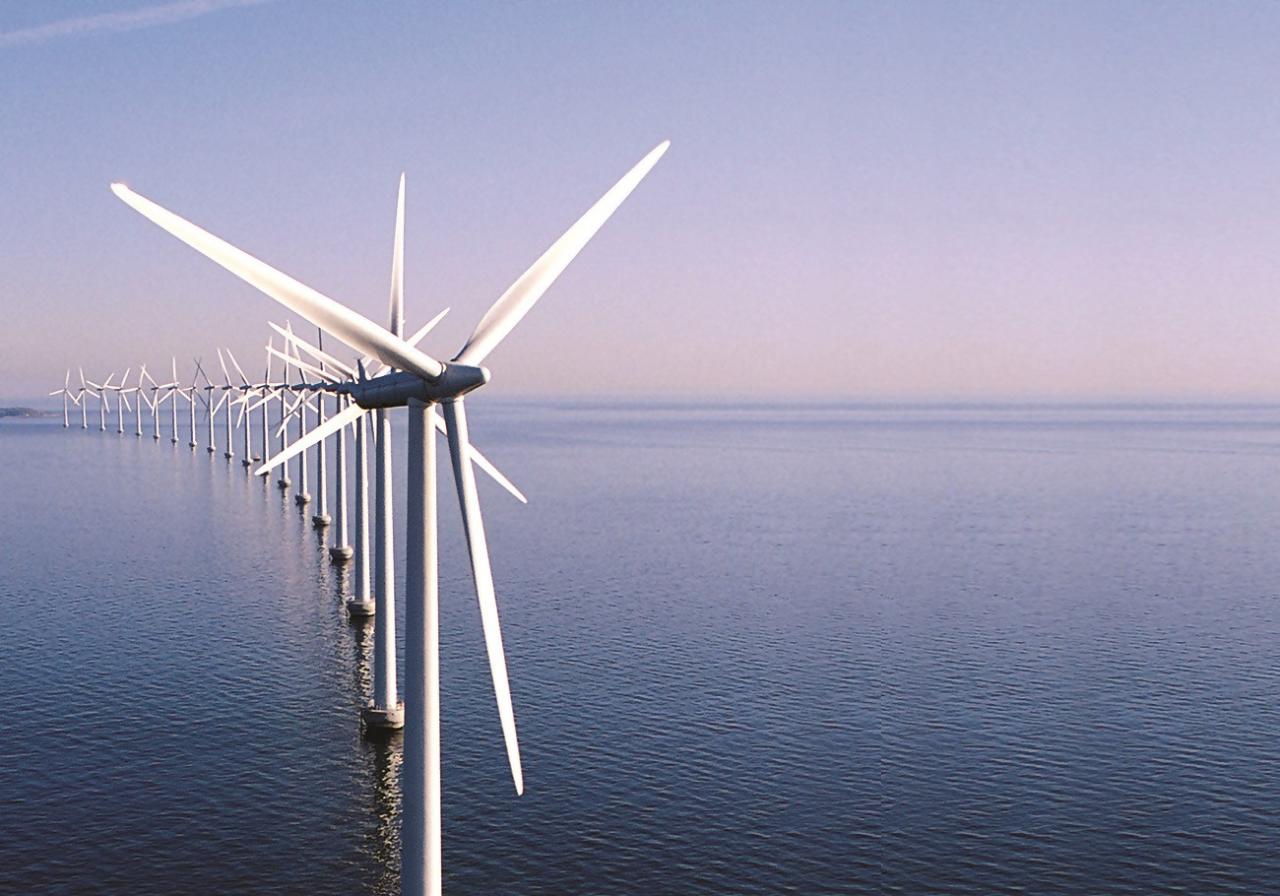
Offshore wind power is a new field in Vietnam.
This event is a milestone for the PTSC - Sembcorp Joint Venture to be able to implement the next steps in developing offshore renewable energy projects in Vietnam, exporting clean electricity to Singapore.
After receiving the license, the PTSC - Sembcorp Joint Venture will carry out wind measurement, marine and geological surveys in some offshore areas of Ba Ria - Vung Tau province to collect necessary data to implement investment and project development.
Previously, in February 2023, in Singapore, PTSC and Sembcorp signed and awarded a Joint Development Agreement (JDA) on cooperation in investment and electricity export to Singapore from offshore renewable energy sources in Vietnam.
Big ambitions, many challenges
Speaking at the 17th Ministerial Conference on Vietnam - Singapore Economic Connectivity held on August 27, Minister of Planning and Investment Nguyen Chi Dung said: The energy sector is a very important new pillar of cooperation added in the Framework Agreement connecting the two economies of Vietnam - Singapore with much potential for cooperation.
Mr. Dung said that at the 16th Conference, the two sides had a preliminary discussion on the possibility of cooperation in renewable energy to be able to sell electricity to Singapore from renewable energy investment projects in Vietnam. Currently, many localities in Vietnam have expressed interest in the possibility of exporting renewable energy to Singapore.
In the Report on the implementation plan for the VIII power plan, the Ministry of Industry and Trade also calculated the priority of developing unlimited capacity of power sources from renewable energy for export, producing new energy such as hydrogen, green ammonia... on the basis of ensuring energy security and bringing high economic efficiency.
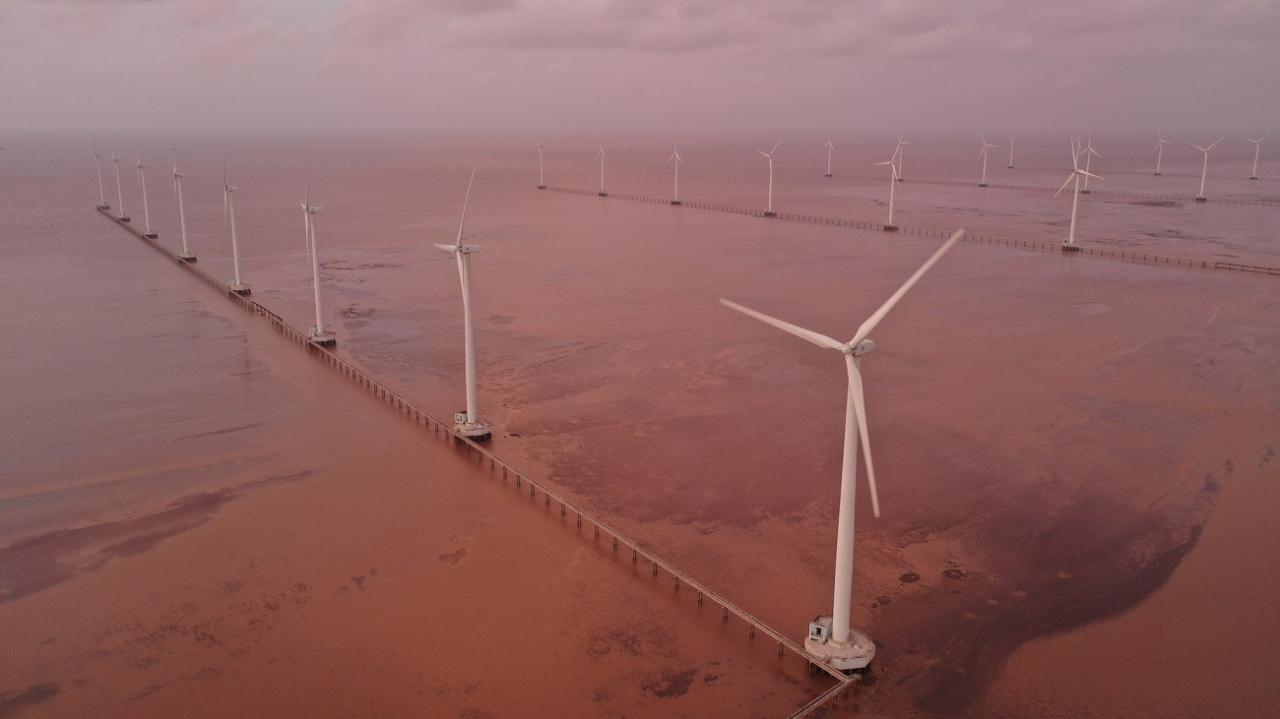
Vietnam has great potential for offshore wind power deployment.
The Ministry of Industry and Trade strives to have an electricity export capacity of about 5,000-10,000MW by 2030.
Commenting on this plan, the Ministry of Planning and Investment said that offshore wind power capacity by region by 2030 needs to continue to research to specify the list of projects and specific locations.
When the story of the power shortage in May and June became hot, Dr. Tran Dinh Thien, former Director of the Vietnam Economic Institute, said: If we do well in investing in power sources, we can completely export electricity.
But to export electricity, we must invest in submarine cables. The project that the PTSC - Sembcorp Joint Venture surveyed also took this into account. According to the agreement, PTSC and SCU will cooperate to invest in an offshore wind farm in Vietnam with an initial expected capacity of about 2.3 GW and export electricity directly to Singapore via a high-voltage submarine cable.
According to PTSC General Director Le Manh Cuong, this is one of the challenges of the project. However, there have been many similar projects implemented in the world, such as the 720 km long North Sea Link submarine cable project with a capacity of 1,400 MW connecting the grid and sharing electricity from renewable energy between Norway and the UK.
Mr. Cuong believes that this obstacle can be overcome by arranging a large enough energy storage system (ESS) as well as applying some technical solutions to minimize power loss during transportation.
Obviously, the target of exporting renewable electricity as stated in the eighth power plan is very ambitious in the context that domestic power sources will still have to be "measured" in the next few years. A huge amount of investment will need to be mobilized to realize the goal of ensuring enough electricity for the economy and for export.
"There must be breakthroughs in policy mechanisms for the electricity industry and strong political determination to achieve this challenging 'dream'," an expert commented.
Vietnamnet.vn


![[Photo] Party and State leaders attend the special art program "You are Ho Chi Minh"](https://vphoto.vietnam.vn/thumb/1200x675/vietnam/resource/IMAGE/2025/5/18/6895913f94fd4c51aa4564ab14c3f250)

![[Photo] Special flag-raising ceremony to celebrate the 135th birthday of President Ho Chi Minh](https://vphoto.vietnam.vn/thumb/1200x675/vietnam/resource/IMAGE/2025/5/19/1c5ec80249cc4ef3a5226e366e7e58f1)
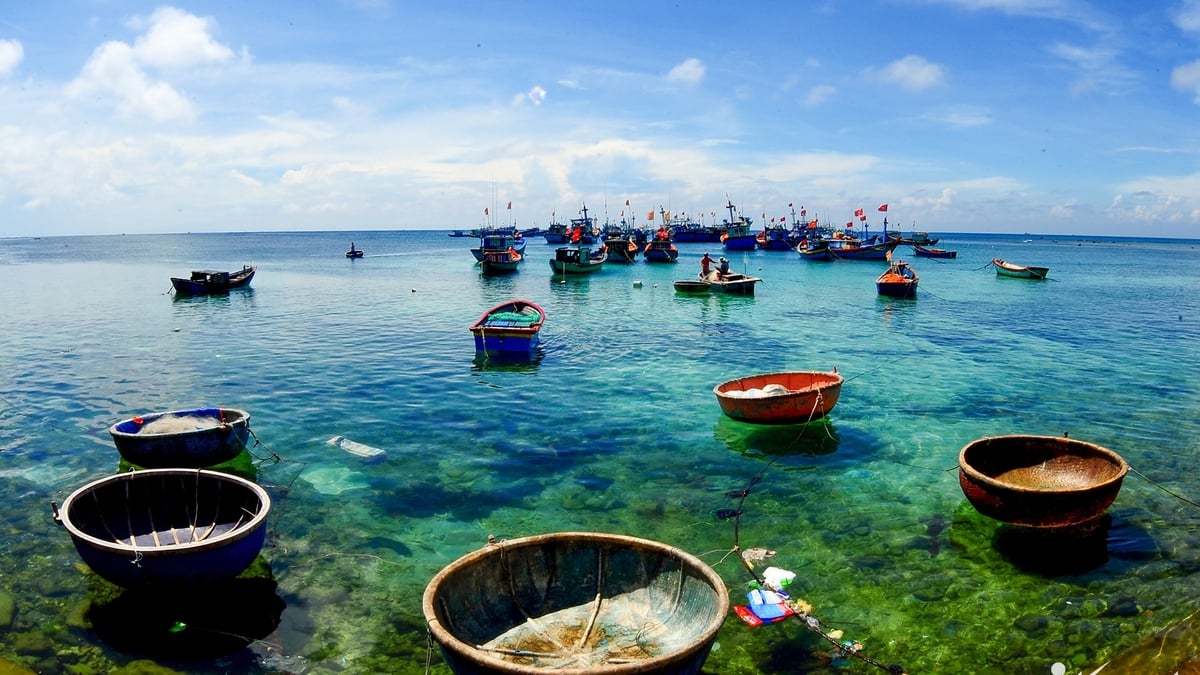
![[Photo] Party and State leaders visit President Ho Chi Minh's Mausoleum](https://vphoto.vietnam.vn/thumb/1200x675/vietnam/resource/IMAGE/2025/5/19/d7e02f242af84752902b22a7208674ac)







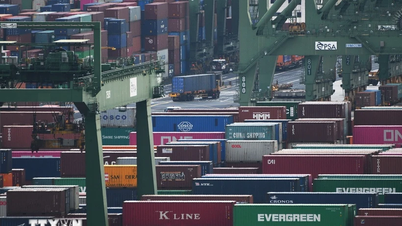
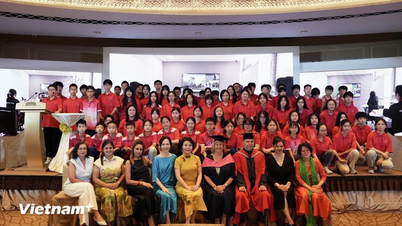








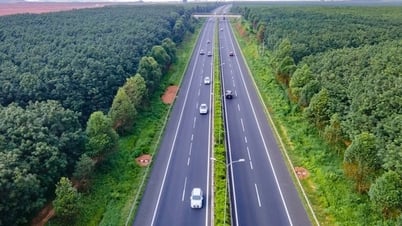
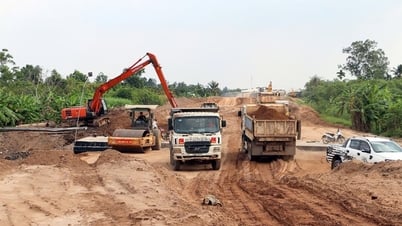










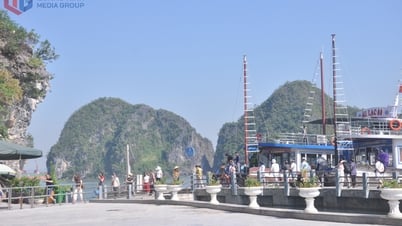















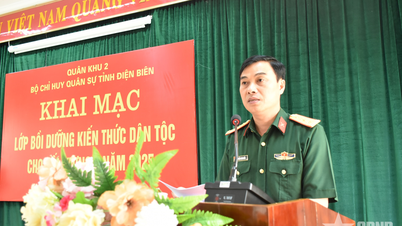




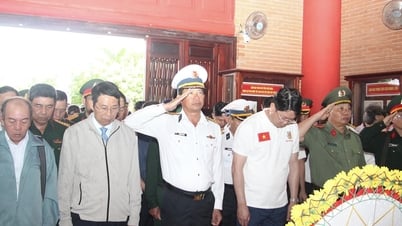




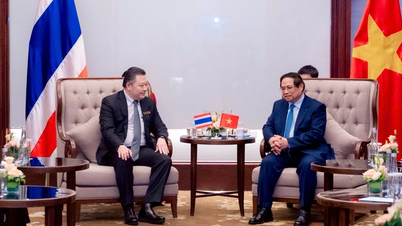
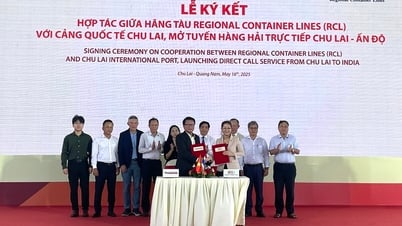



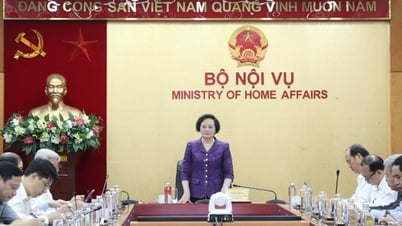

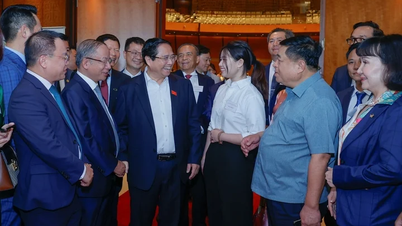





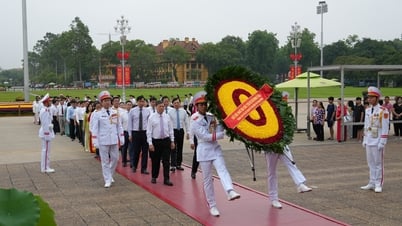


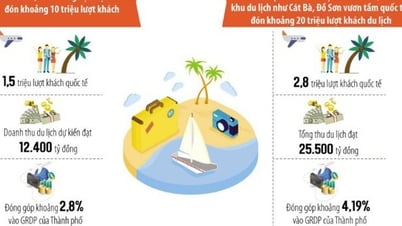

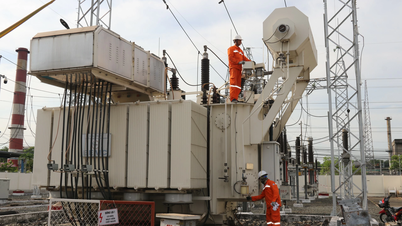







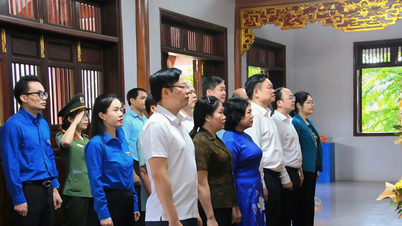










Comment (0)